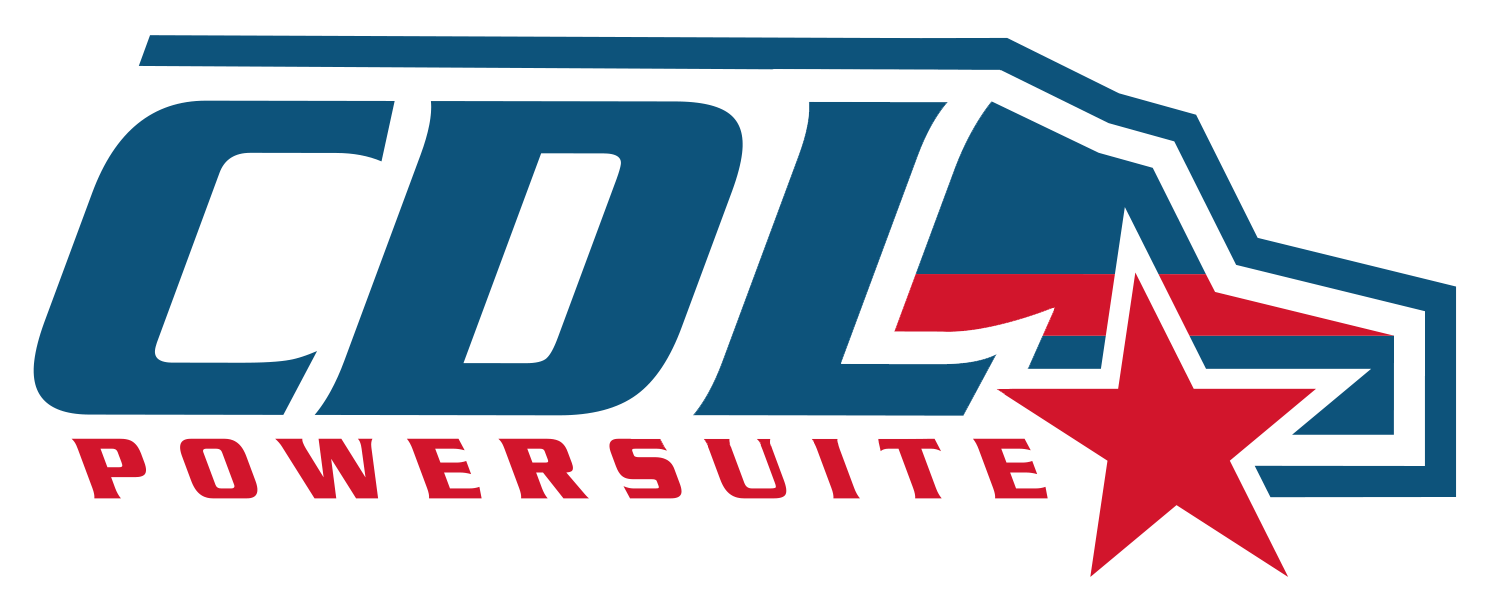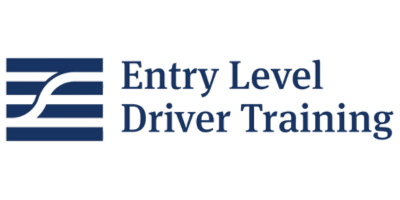The Importance of Enrollment Agreements for CDL Training Providers
Jason Boudreau • January 7, 2025
Why Enrollment Agreements Matter
Enrollment agreements are a critical tool for CDL training providers. These agreements ensure that trainees are fully aware of the terms of their training. Establishing clear enrollment agreements is not just a best practice; it’s an essential step to foster accountability, transparency, and regulatory compliance in CDL training programs.
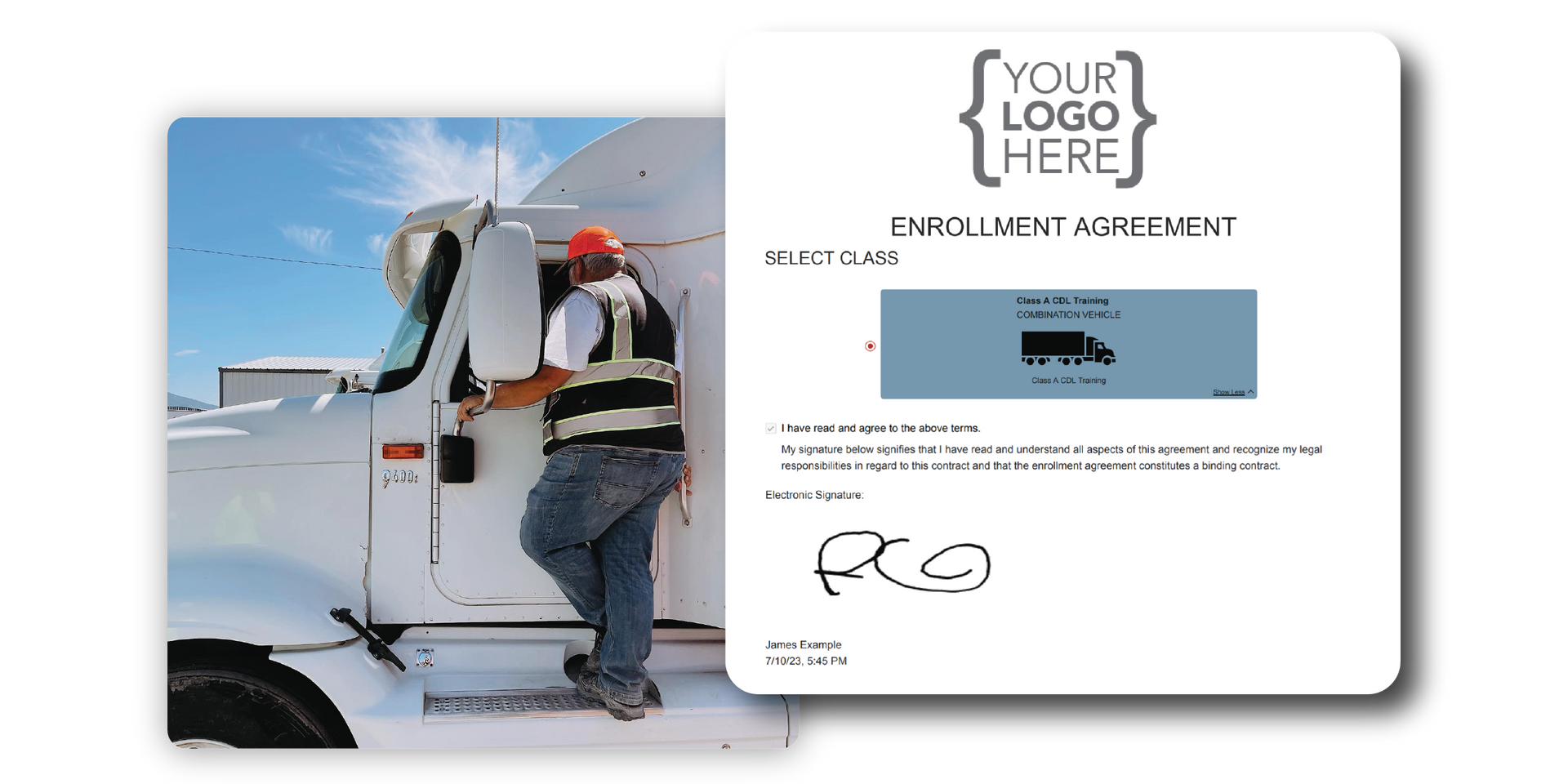
Clarity of Training Terms
An enrollment agreement sets clear expectations for both the training provider and the trainee. By formalizing these terms, providers ensure trainees understand their responsibilities, reducing misunderstandings and disputes.
These agreements outline:
- The scope of the training program, including classroom and behind-the-wheel components.
- Attendance and participation requirements.
- Criteria for assessment and successful completion.
Compliance with FMCSA Regulations
The FMCSA requires training providers to meet specific standards under the Entry-Level Driver Training (ELDT) regulations. By including these compliance elements in the agreement, providers reinforce the importance of adhering to federal standards.Enrollment agreements can detail these requirements, such as:
- Completing a prescribed curriculum covering both theory and practical instruction.
- Demonstrating proficiency in all required skills, including vehicle control, safety, and operational practices.
Legal and Operational Accountability
An enrollment agreement serves as a legally binding document that protects both parties. For training providers, it:
- Documents the terms of the agreement in writing.
- Provides evidence of the trainee’s acknowledgment and commitment to fulfilling FMCSA compliance requirements.
- Reduces liability by ensuring trainees are informed of all terms and regulations before beginning their training.
Conclusion
Enrollment agreements are more than just a formality—they are a vital component of effective and compliant CDL training programs. By establishing clear, comprehensive agreements, training providers protect their operations, promote transparency, and ensure that trainees are well-informed about the requirements and expectations of their training. Adopting digital solutions for managing these agreements further enhances efficiency, accuracy, and compliance, making them an indispensable tool for modern CDL training providers.
The CDL PowerSuite Solution
Setting Up Enrollment Agreements as an Admin:
How Trainees Will Experience the Registration Process:
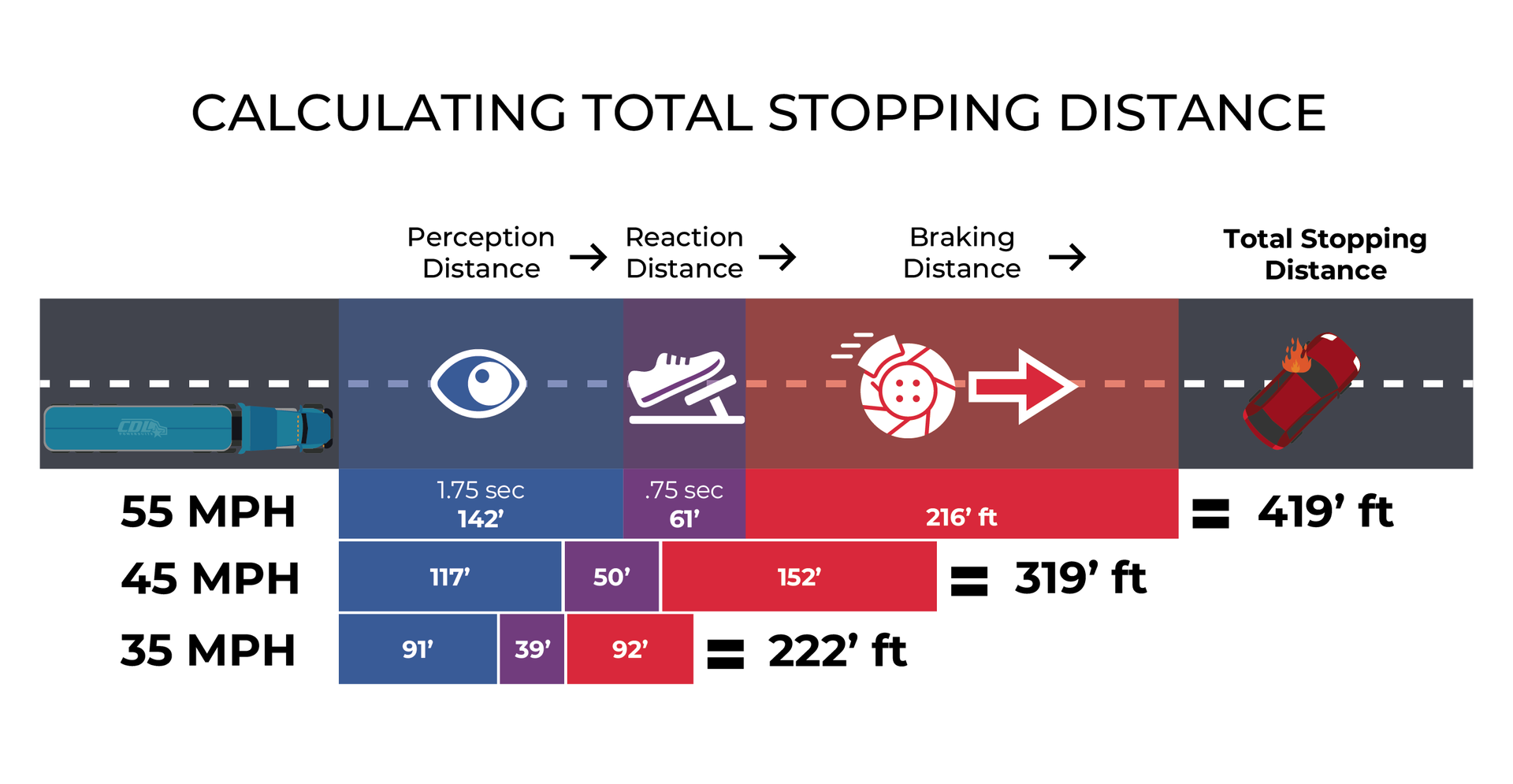
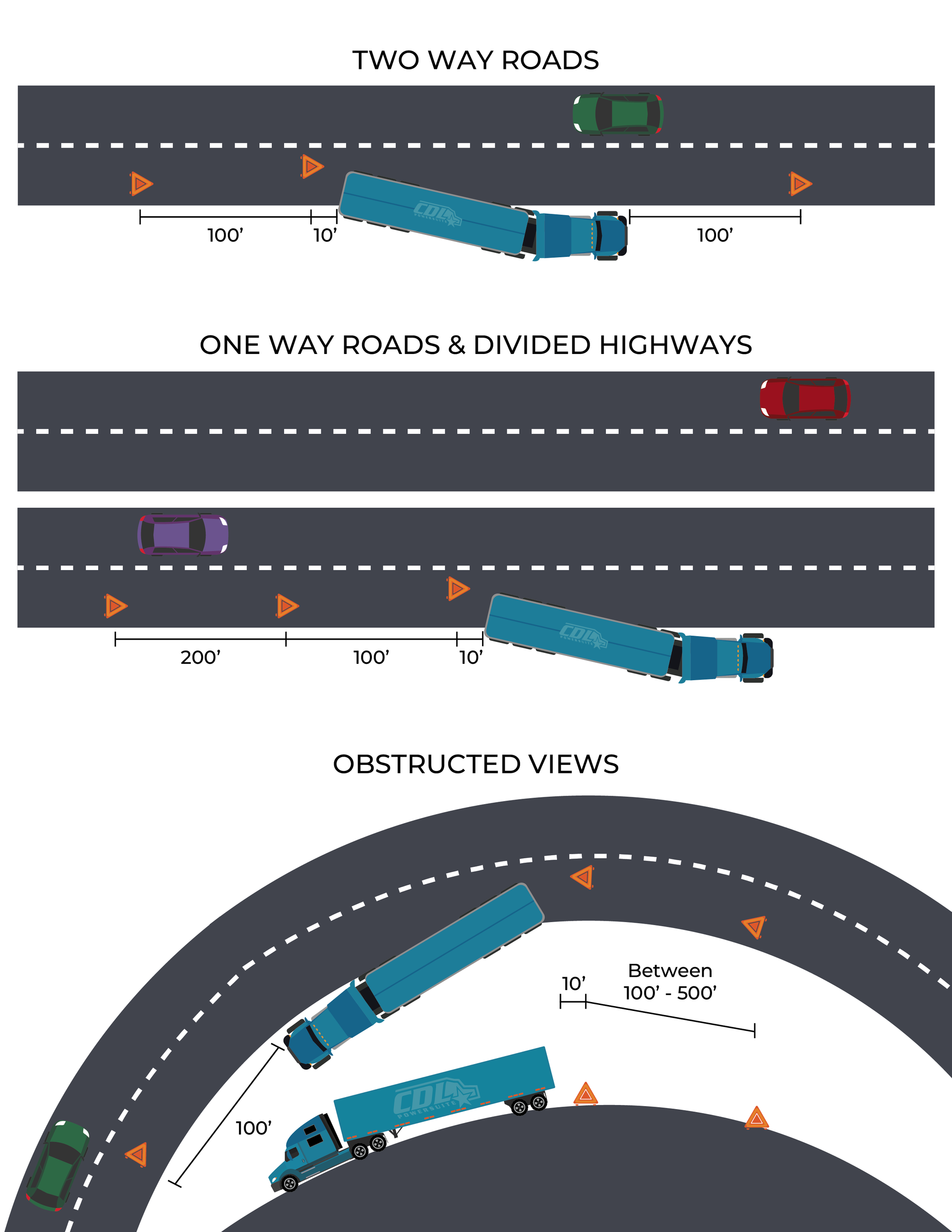
Contact Us
3620 N Eden Rd, Spokane Valley, WA, 99216
Associate Members of
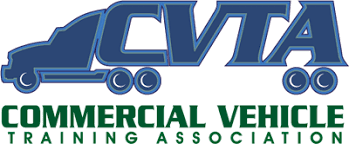
Pages
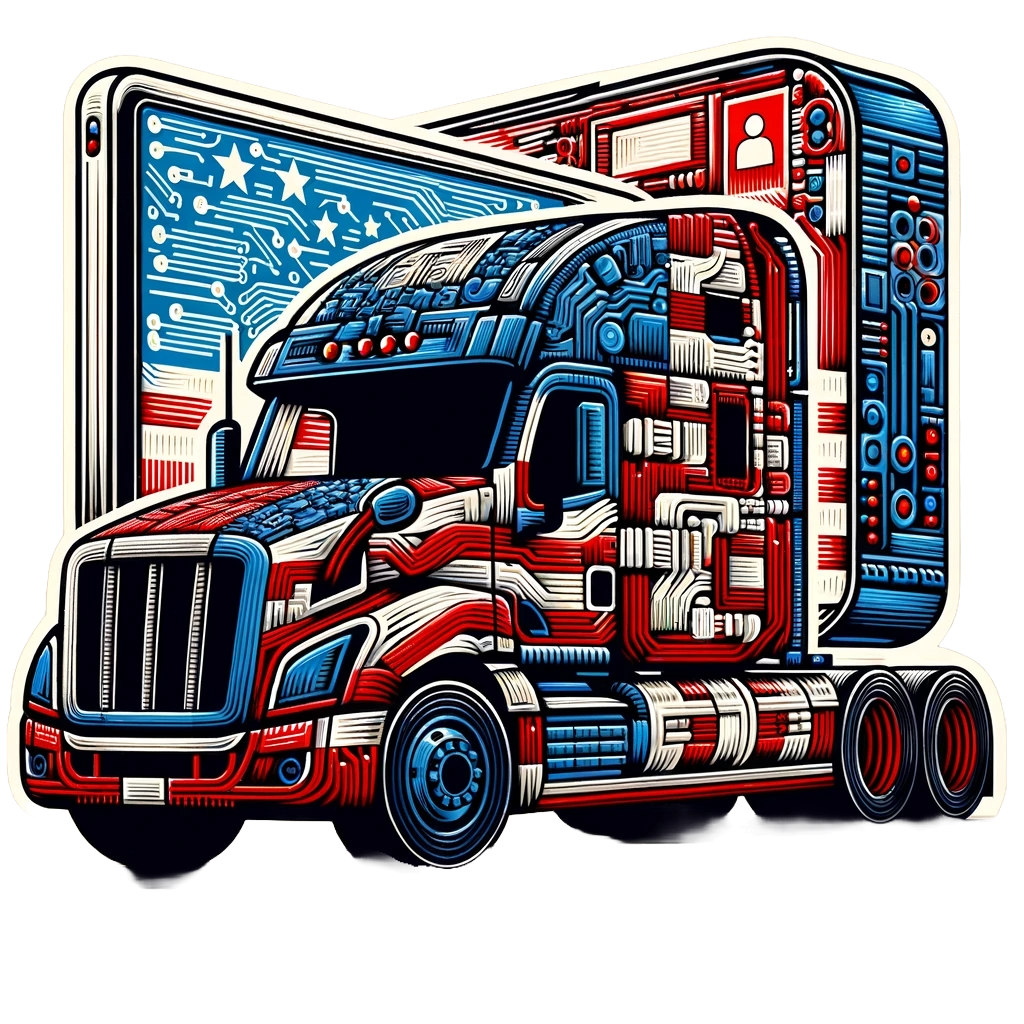
Made in the USA
SOFTWARE DEVELOPED ONSHORE
Stay Informed
All Rights Reserved | CDL PowerSuite™
